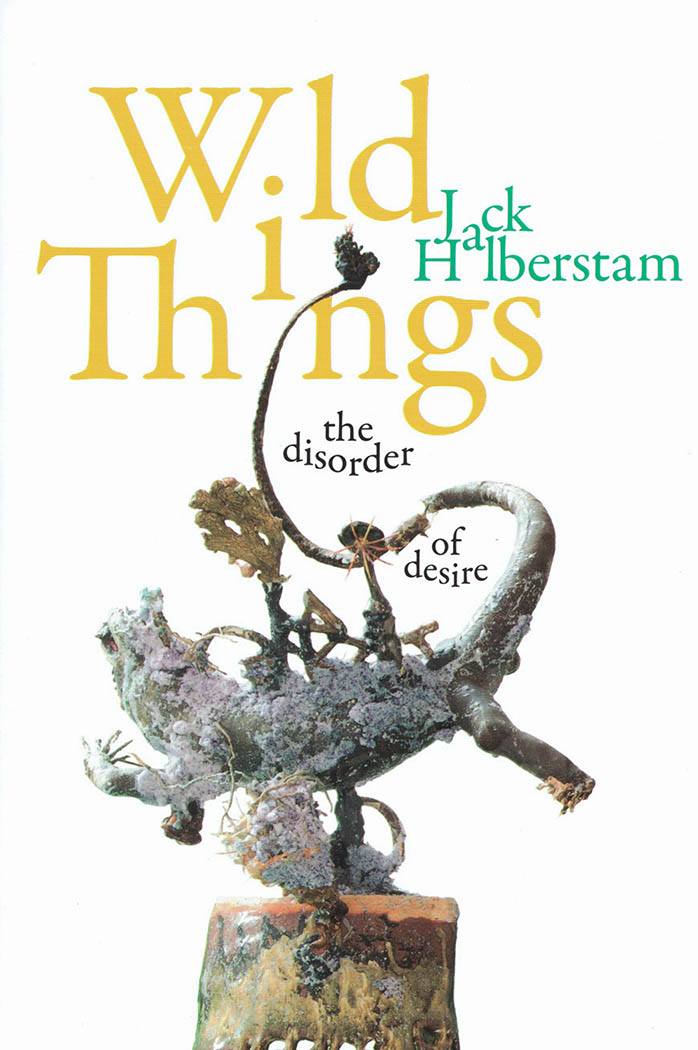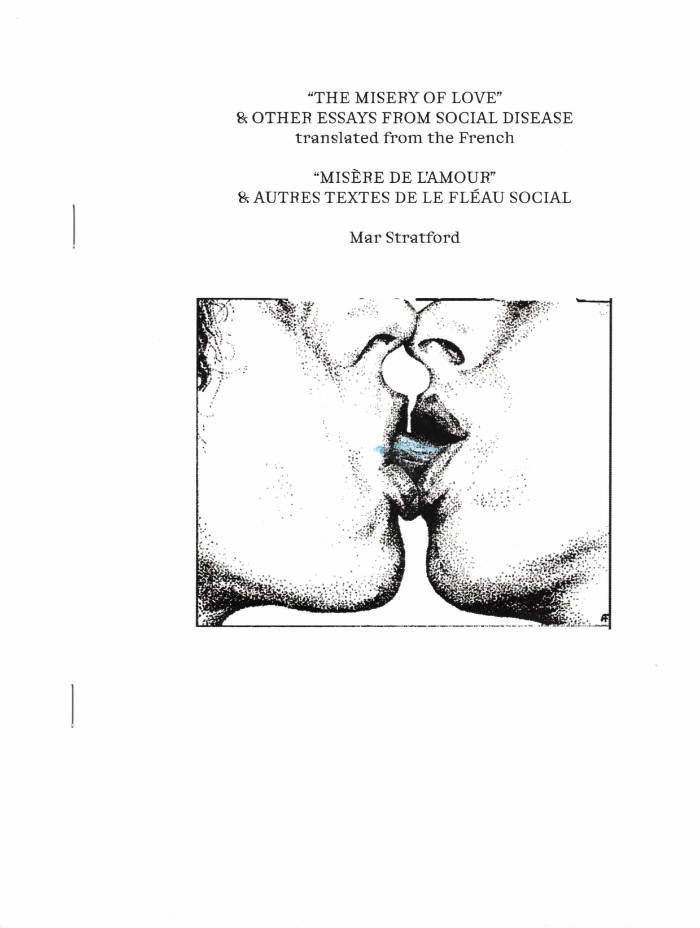
Wild Things: The Disorder of Desire
Halberstam offers an alternative history of sexuality by tracing the ways in which the wild, a space located beyond normative borders of sexuality, offers sources of opposition to knowing and being that transgress Euro-American notions of the modern subject.
"WILD THINGS is queer theorist Jack Halberstam's account of sexuality in general, and queerness in particular, after nature. As the heterosexual/homosexual binary emerged in the late 19th-century and coalesced in the 20th-century, discourses of both heterosexuality and homosexuality defined sexuality in relation to nature and the natural world. The most well-known is the homophobic framing of homosexuality as unnatural, aberrant, and "against" nature, but of equal importance is the 19th-century male dandy's positioning of artifice and camp-and through it homosexuality-as anti-natural. On the other hand, heterosexuality was often held up as the "natural" sexuality and, later in the 20th-century, gay scientists tried to prove that homosexuality was a natural, biological desire.
In this book, Halberstam mobilizes wildness as an analytic through which an alternative history of sexuality and desire outside of heterosexuality, homosexuality, and taxonomical classifications can emerge. To that end, Halberstam turns back to the orderly, taxonomical, and classified homosexuality and heterosexuality of the 19th and 20th-centuries and asks: what embodiments and desires were swept under the carpet in the process of creating identitarian sexualities?
Halberstam claims these excluded and unruly figures as "wild" lives lived out in embodiments and desires which eluded the orderly classifications of their era. Wildness, for Halberstam, thus becomes a way to claim an "epistemology of the ferox," a way of being and knowing in the world which is not the opposition of order but order's absence: a force which "disorders desire and desires disorder."
Although he is clear that wildness and queerness are not interchangeable, Halberstam sees in wildness and "wild thought" queer theory's anti-identitarian impulse to explore life outside of the limits of the human and liberal governance. More than just a project of recuperating queer figures lost in the archive, Halberstam's WILD THINGS argues for a revision of queer history, one in which "nature" and the "natural world" does not function as that which sexuality defines itself with and against"







